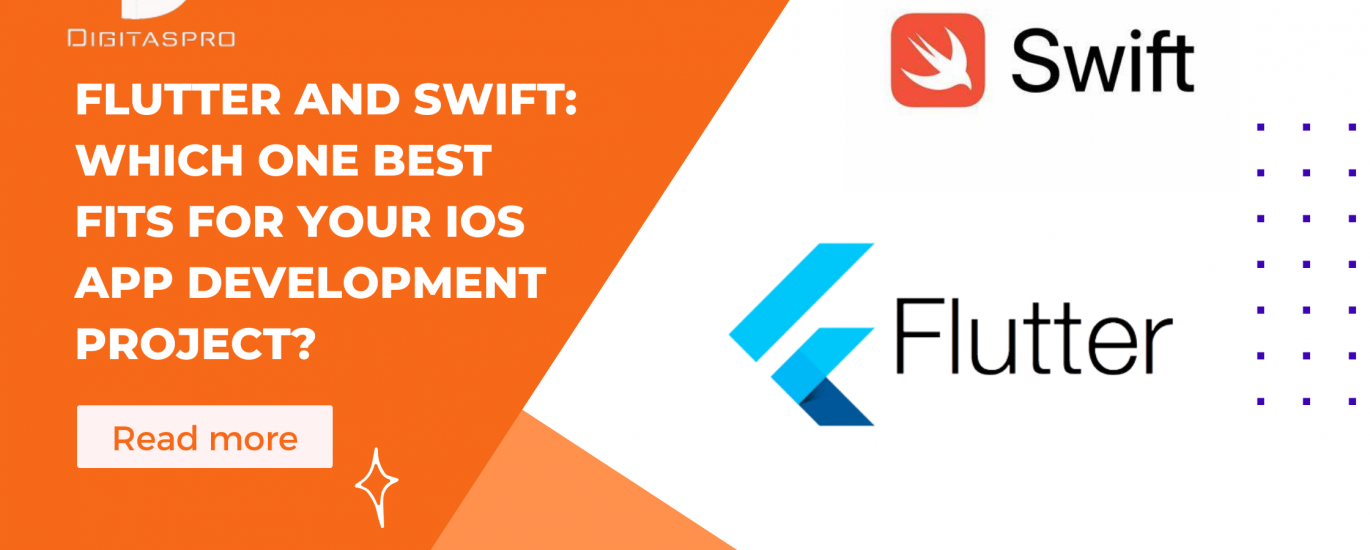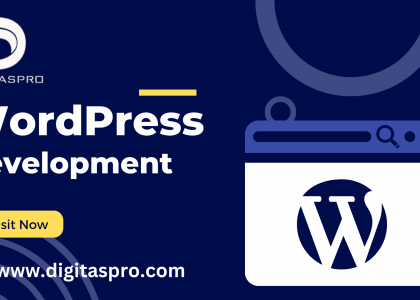


In the ever-evolving realm of mobile app development, choosing the right framework and language for your iOS project holds immense significance. Among the standout contenders, Flutter and Swift consistently shine. But how do you determine the best fit? Let’s delve into their intricacies to guide your decision-making process effectively.
Flutter: A Concise Overview
Flutter, from Google, is an open-source UI framework. It enables natively compiled apps for mobile, web, and desktop from a single codebase. Renowned for its high-performance rendering engine and widget-based architecture, Flutter entices developers aiming to craft aesthetically pleasing iOS apps.
Swift: An Insight into Apple’s Domain Swift, Apple’s programming language, is tailor-made for iOS, macOS, watchOS, and tvOS development. Recognized for readability, performance, and safety features, Swift’s consistent updates and Apple’s support make it a potent choice for leveraging the Apple ecosystem.
Making the Right Choice The Flutter vs. Swift choice hinges on project needs and familiarity with the technologies. Guidelines:
Flutter excels in cross-platform development with a single codebase, while Swift is tailored for iOS-centric projects.
Flutter provides extensive UI customization, allowing unique interfaces, while Swift follows Apple’s design principles.
Swift is optimized for iOS, ensuring superior performance, while Flutter might face issues on older iOS devices.
Consider project requirements, development speed, UI/UX customization, community support, and performance preferences.


